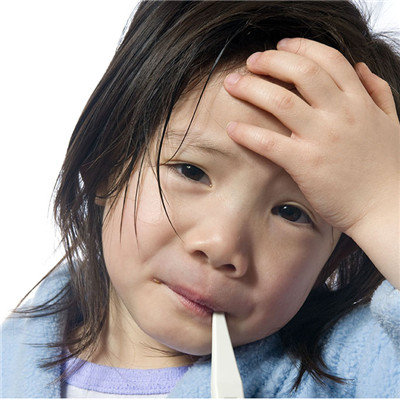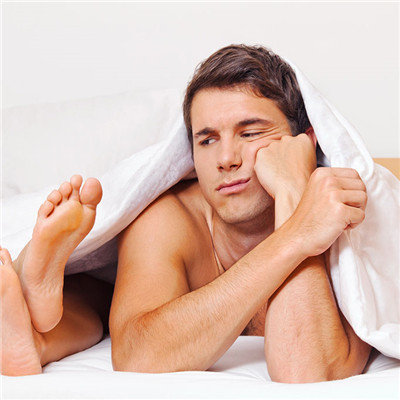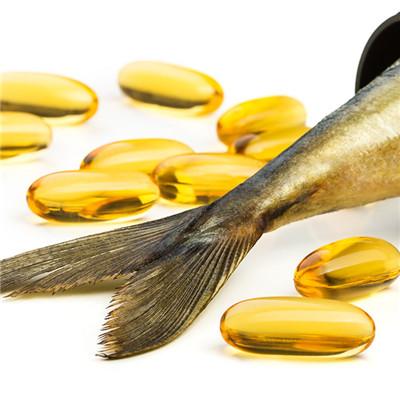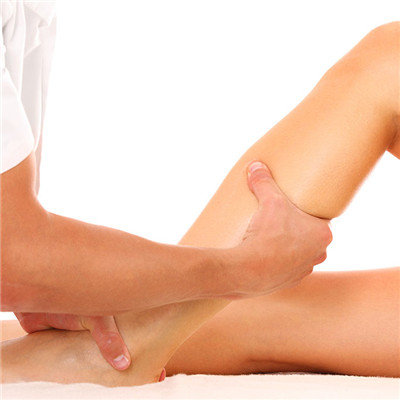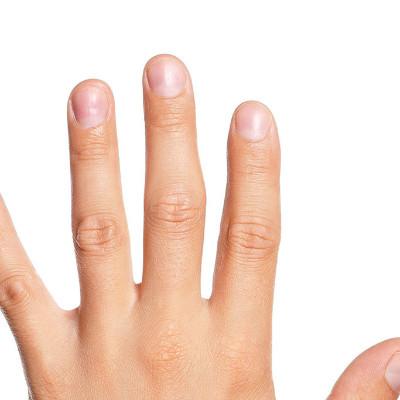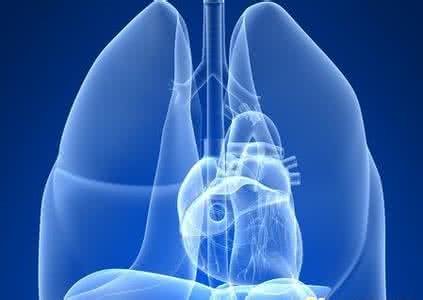What are the symptoms of psoriasis
summary
My psoriasis belongs to erythroderma type psoriasis, which is more serious. It not only has diffuse flushing in the skin, but also often has fever. I feel cold, which is very harmful. Let's take a look at the symptoms of psoriasis.
What are the symptoms of psoriasis
Symptom 1: psoriasis vulgaris is the most common type, often acute. Typical performance for the realm of clear, different shapes and sizes of erythema, around the inflammatory halo. Slight infiltration and thickening. The surface is covered with layers of silver white scales. The scales are easy to be scraped off, and the translucent film is light red and bright after being scraped off. Small bleeding points can be seen when the film is scraped off (Auspitz sign). Most of the lesions were located in the head, sacral and lateral extension of the limbs. Some patients will have varying degrees of itching.
Symptom 2: pustular psoriasis is rare, divided into generalized type and palmoplantar type. Generalized pustular psoriasis is a group of superficial aseptic pustules on the erythema, some of which can fuse into purulent lake. The disease can occur all over the body. The flexion and fold of limbs were common, and oral mucosa could be involved at the same time. Acute onset or sudden aggravation is often accompanied by shivering, fever, joint pain, general discomfort and increased white blood cell count and other systemic symptoms. Psoriasis vulgaris usually occurs in remission stage. Palmoplantar pustulosis lesions limited to the hands and feet, symmetrical occurrence, the disease is quite stubborn, and repeated attacks.
Symptom 3: erythrodermic psoriasis, also known as psoriasis exfoliative dermatitis, is a serious psoriasis. It is often caused by external use of strong irritant drugs, long-term large-scale use of glucocorticoids, rapid reduction or sudden withdrawal of drugs. It is manifested as the whole skin.
matters needing attention
Wear clean and soft clothes, change underwear and bed sheets regularly to prevent skin infection. It's better to take a bath with warm water. It's forbidden to take a bath with strong alkaline soap and shampoo. Usually to protect your skin, avoid trauma, prevent strong stimulation, so as to avoid new skin lesions.
